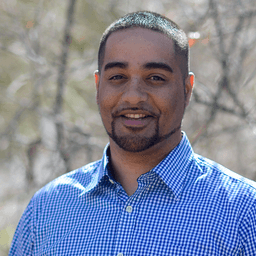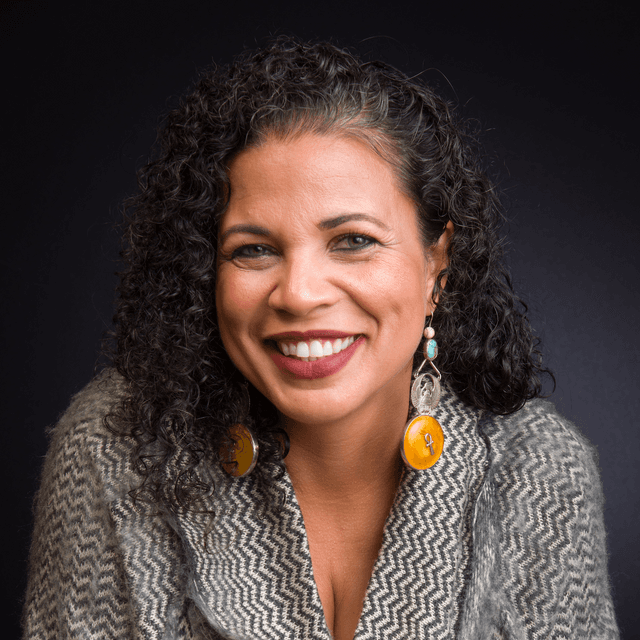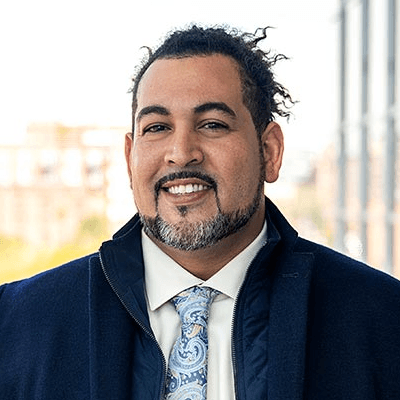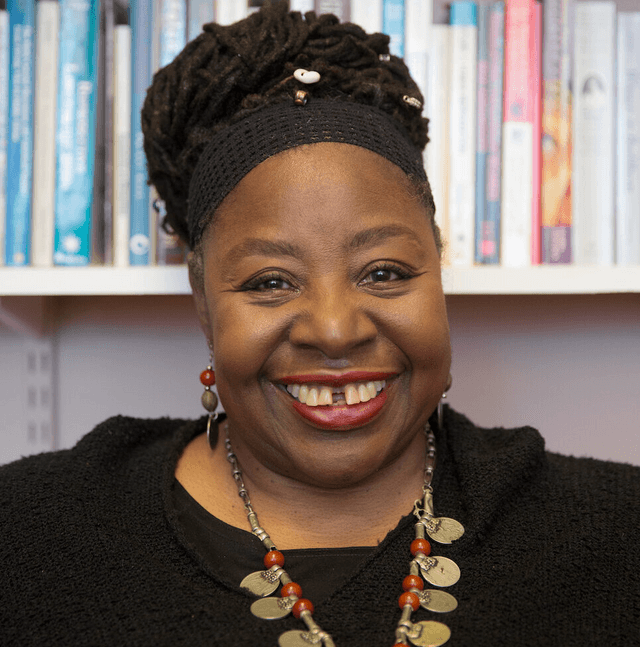Jesse Hagopian is a nationally recognized educator, speaker, and writer known for his clear vision, inspiring storytelling, and unwavering commitment to truth in education. For over two decades, Jesse has been on the front lines of public education—as a classroom teacher, curriculum builder, cultural thought leader, mentor, and organizer working to center student voices and reimagine what education and schools can be.
He teaches Ethnic Studies at Seattle’s Garfield High School—his alma mater and the site of the historic 2013 MAP test boycott—and serves as an editor for Rethinking Schools magazine. Jesse is the author of Teach Truth: The Struggle for Antiracist Education, co-editor of Black Lives Matter at School, Teaching for Black Lives, Teaching Palestine, and Teachers Unions and Social Justice, and editor of More Than a Score: The New Uprising Against High-Stakes Testing. He also directs the Teaching for Black Lives campaign with the Zinn Education Project and founded the Black Education Matters Student Activist Award to support youth leadership in Seattle.
Jesse’s commentary has been featured in The New York Times, The Washington Post, PBS NewsHour, CNN, Democracy Now!, and more. His work has earned national recognition, including the Cultural Freedom Fellowship from the Lannan Foundation, the Courageous Leadership Award from the Academy of Education Arts and Sciences, and the 2025 William Sloane Coffin Jr. Peacemaker Award.
Whether in the classroom, on stage, or in community, Jesse helps audiences reconnect with their purpose, sharpen their leadership, and stay focused on building schools—and futures—rooted in truth, care, and collective possibility.
Teaching in Truthful Times: Staying Focused in a Shifting Landscape
As education faces political pressure, shifting policies, and rising public debate, how do educators stay true to their mission? Based on his book Teach Truth, Jesse shares real-world strategies for navigating uncertainty, protecting the heart of teaching, and keeping students' growth and critical thinking at the center of the work.
Reimagining Schools: Centering Student Voice and Leadership
Building strong, inclusive school communities means moving beyond top-down models. Jesse shares practical insights and stories from the classroom on how centering student voice—not just hearing students, but partnering with them—transforms culture, learning, and engagement.
The Power of Context: Why Representation and Curriculum Matter
Students need to see their histories, cultures, and experiences reflected in what they learn. In this session, Jesse explores how Ethnic Studies and inclusive curriculum deepen critical thinking, build stronger academic outcomes, and create a school culture where every student feels seen, valued, and prepared to lead.
Building Belonging: How Schools Can Create True Community
Students thrive when they feel seen, heard, and valued. Jesse shares stories and strategies for creating learning environments where every student and every educator can show up fully. This talk focuses on how belonging impacts engagement, academic outcomes, and school culture, and offers practical tools for making it real across classrooms and campuses.
Leading from Where You Are: Organizing for Positive Change in Schools
You don't have to have a title to be a leader. Drawing from decades of organizing, Jesse shares how educators, students, and staff can build collective momentum for positive change—from policy shifts to cultural transformation—by leading with integrity, persistence, and community.
Leadership On and Off the Field: Lessons from Athlete Activism
Sports are one of the most powerful arenas for leadership, teamwork, and building community. In this session, Jesse Hagopian shares lessons from his work mentoring student-athletes and organizing alongside professional athletes around social impact. He explores how sports can teach courage, communication, and collective action and how young athletes can use their platforms to lead with integrity, both on the field and in their communities.
“Blues is the Truth”: Music, Memory, and Resistance
Explore the power of blues music as a tool for storytelling, healing, and historical truth-telling. Jesse blends personal narrative, live music, and cultural history to show how art can be a force for survival, resistance, and education.











